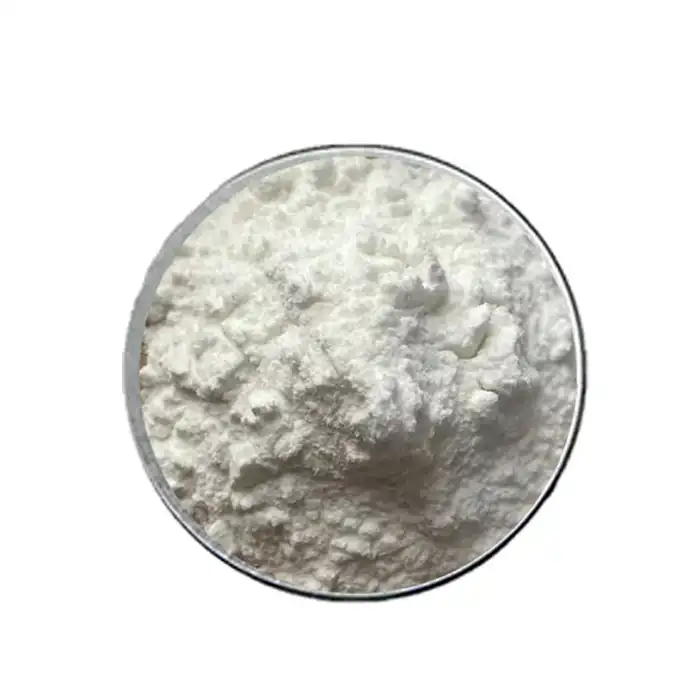
Bifidobacterium
Bifidobacterium is a Gram-positive, non-motile, rod-shaped cell with sometimes forked ends, strictly anaerobic bacteria that widely exists in the digestive tract, vagina and oral cavity of humans and animals. In other habitats. Bacteria of the genus Bifidobacterium are one of the important members of the intestinal flora of humans and animals. Some strains of Bifidobacterium can be used as probiotics in food, medicine and feed.
Bifidobacteria produce thiamine (vitamin B1), riboflavin (vitamin B2), vitamin B6 and vitamin K. May also have the ability to synthesize folic acid, niacin (vitamin B3), and pyridoxine (vitamin B6). Bifidobacterial metabolites also include gamma-aminobutyric acid (GABA) and biotin. For example, Bifidobacterium adolescentis is a key member of the human intestinal microbiota for GABA production.
Application
Health food and pharmaceutical fields
(1) Bifidobacterium drugs.
(2) Health medicines that combine bifidobacteria and medicinal ingredients.
(3) Health food combining bifidobacteria and bifid factors.
(4) Bifidobacteria combined with oligosaccharides, gluconic acid, and arginine have a selective proliferation effect on Bifidobacterium adolescentis and exert a unique immune activation function.
Strains
Among them, there are mainly 5 types of bifidobacteria that can colonize in the human intestine and can be used to prepare health foods:
(1) Bifidobacterium bifidum
(2) Bifidobacterium adolescentis
(3) Bifidobacterium infantis
(4) Bifidobacterium breve
(5) Bifidobacterium longum
